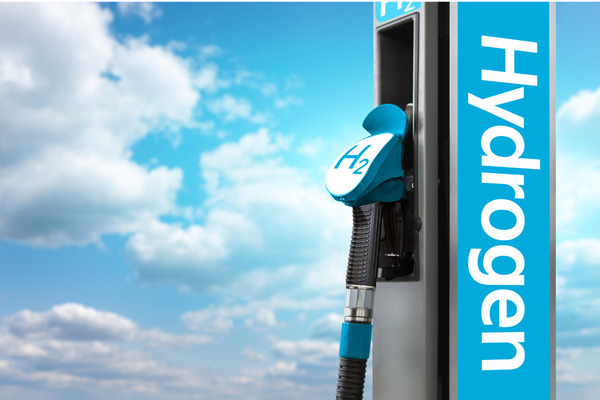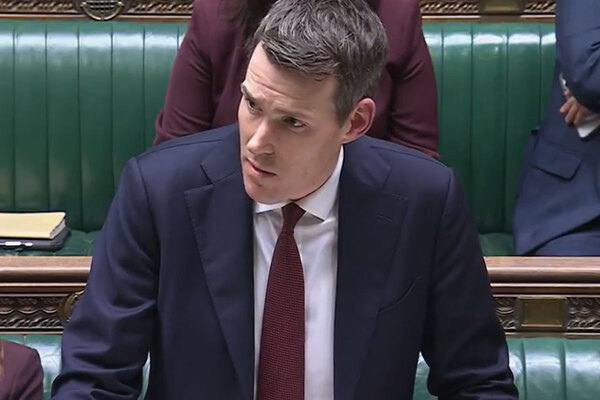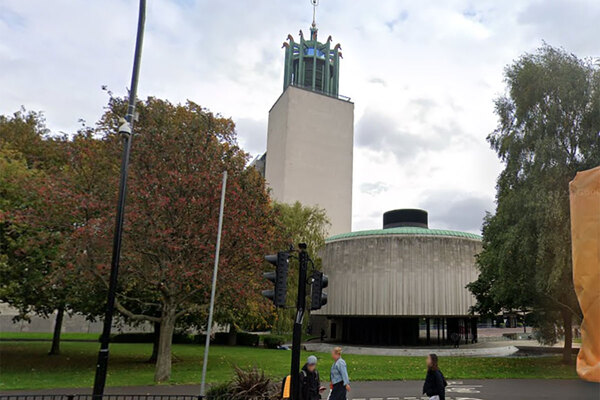Government announces £800m for Social Housing Decarbonisation Fund
The government has allocated £800m to the Social Housing Decarbonisation Fund as part of a multibillion-pound, three-year investment in the decarbonisation of heat and buildings.
Ahead of the release of the long-awaited Heat and Buildings Strategy tomorrow, ministers have announced £3.9bn of funding, as well as a target to ensure no traditional gas boilers are installed in homes after 2035.
The £3.9bn package includes £800m for the Social Housing Decarbonisation Fund, which can be used by social landlords, including housing associations, to carry out energy efficiency upgrades in their tenants’ homes.
A further £950m will go towards the Home Upgrade Grant scheme, which will be used by local authorities to support low-income households with carrying out energy efficiency upgrades.
Meanwhile, £450m will be allocated to the Boiler Upgrade Scheme, a new policy that will see homeowners given grants of £5,000 from April next year to install low-carbon heating systems, such as heat pumps.
The government said this will support its new target to ensure all new heating systems installed in UK homes by 2035 are either using low-carbon technologies, such as electric heat pumps, or support new technologies like hydrogen-ready boilers, where the government is confident it can supply green fuel.
Prime minister Boris Johnson said: “As we clean up the way we heat our homes over the next decade, we are backing our brilliant innovators to make clean technology like heat pumps as cheap to buy and run as gas boilers – supporting thousands of green jobs.
“Our new grants will help homeowners make the switch sooner, without costing them extra, so that going green is the better choice when their boiler needs an upgrade.”
A further £338m will be spent on the Heat Network Transformation Programme, which aims to develop and grow the country’s heat networks, while the remaining £1.425bn will be allocated to the Public Sector Decarbonisation Scheme, which provides funding for retrofitting public sector buildings such as schools and hospitals.
It comes one day before the government publishes its delayed Heat and Buildings Strategy and two weeks before the United Nations Climate Change Conference, known as COP26, which is being held in Glasgow at the end of this month.
The government has said its Heat and Buildings Strategy will set out how it is taking “no-regrets” action around heat pumps, which are currently the most viable low-carbon heating option, while still supporting research on other potential technologies such as hydrogen.
It assured homeowners and landlords that heat pumps will play a “key role in all scenarios” and encouraged those who wish to install them now.
The government is also today announcing a new £60m Heat Pump Ready innovation programme as part of a £1bn Net Zero Innovation Portfolio, which will provide funding to drive technological innovation.
Business and energy secretary Kwasi Kwarteng said: “Recent volatile global gas prices have highlighted the need to double down on our efforts to reduce Britain’s reliance on fossil fuels and move away from gas boilers over the coming decade to protect consumers in the long term.
“As the technology improves and costs plummet over the next decade, we expect low-carbon heating systems will become the obvious, affordable choice for consumers. Through our new grant scheme, we will ensure people are able to choose a more efficient alternative in the meantime.”
Geeta Nanda, chair of the G15 and chief executive at Metropolitan Thames Valley Housing, said: “The confirmation of this much welcome and much needed financial support to pump-prime decarbonisation in the social housing sector is great news. Coming on the back of confirmation that housing associations will be able to bid directly to the fund, we’re hopefully seeing a real step-change and stepping-up from the government to meet the net zero challenge. Of course, meeting the total cost of achieving net zero is going to take much larger commitments right across public, private, and government institutions, alongside clearer guidance, but this is an important step forward.”
Sign up for our asset management newsletter
Already have an account? Click here to manage your newsletters













